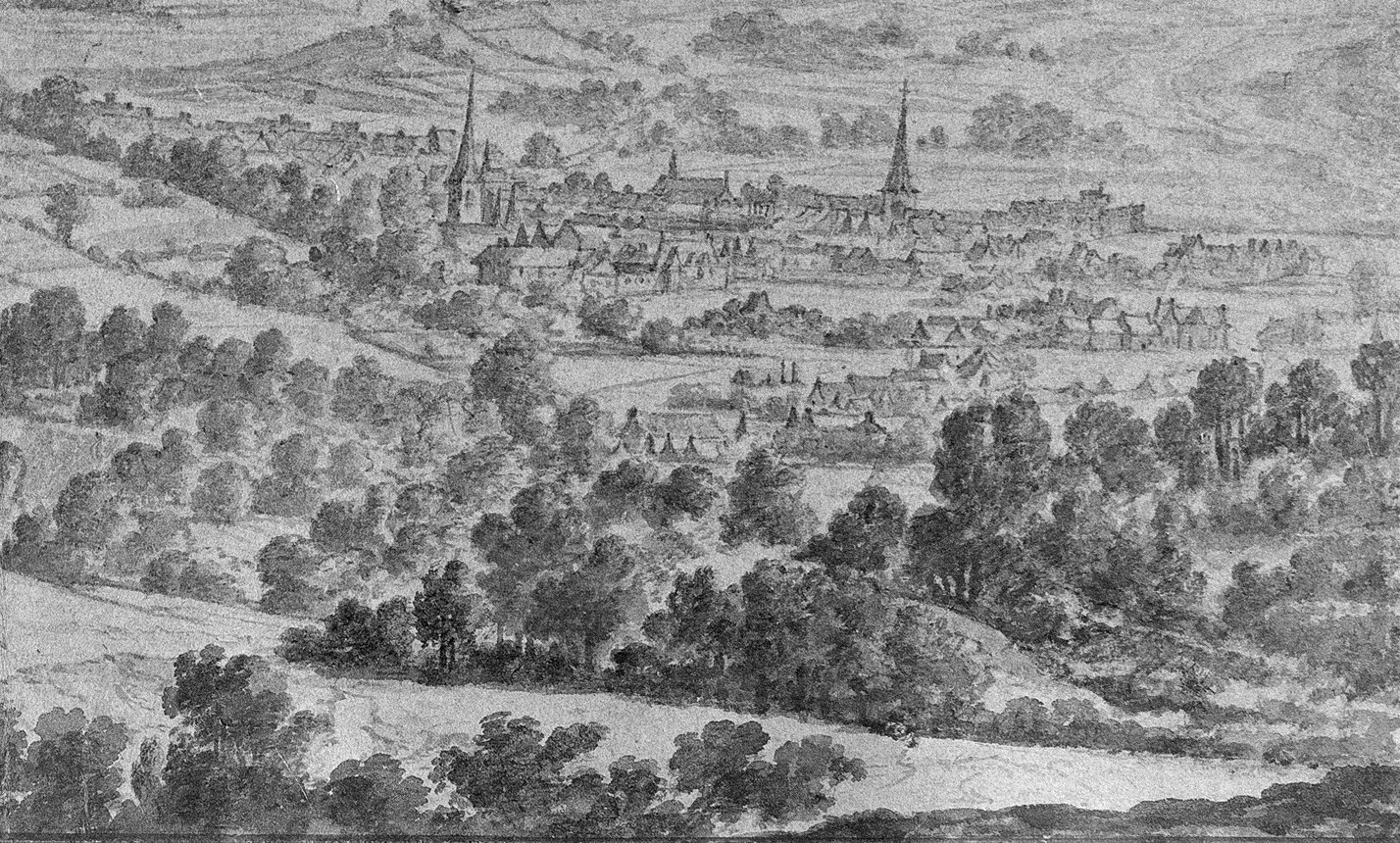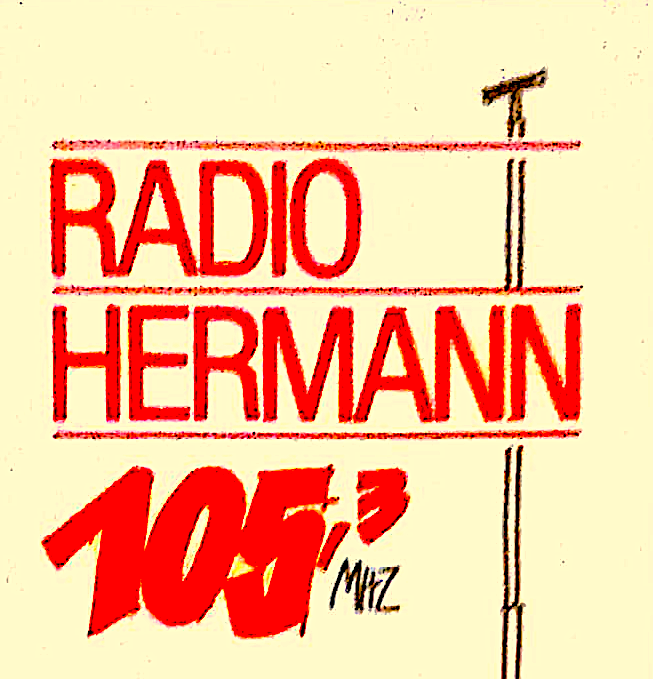Listening to the following recordings of the Sankt Vither local radio station ‘Radio Hermann’ from 1992, one can ask oneself these questions:
- What stands out?
- How does the speaker sound? Does he speak without an accent?
- What information is read out? Would this information also have been discussed on public radio stations?
- What is the quality of the programme? Is the quality impeccable?
- Where does the speaker’s information originate from? Do they seem trustworthy?
Limiting water usage and shortage of blook (in German)
Source: Archiv Radio Hermann, Sankt Vith, 1992.
Meeting of the ministers Lambertz and Spitaels (in German)
Source: Archiv Radio Hermann, Sankt Vith, 1992.
The dream of many people in the 1980s was to be heard. They created local news, drew attention to the local agenda or played music that they and the audience wanted to hear. Today, many more people than back then have the opportunity to create their own media. Through their own blogs, podcasts, or social media, citizens can become media makers, especially on the internet.
Today, as then, we negotiate how the media should disseminate information. In the 1980s, many politicians were against new radio stations broadcasting information. In East Belgium, too, Radio Distel, Radio Malmedy and Radio Hermann sometimes found themselves in the crossfire of criticism because they addressed unpleasant topics, because they did not choose the sound and language of the established media, because they were more difficult to control …
However, much of the information disseminated on the internet is unverified and presented in a very subjective way. In the 1980s, many radio stations ended up using information from established newspapers and public broadcasters because they would not have been able to produce quality news programmes otherwise.

